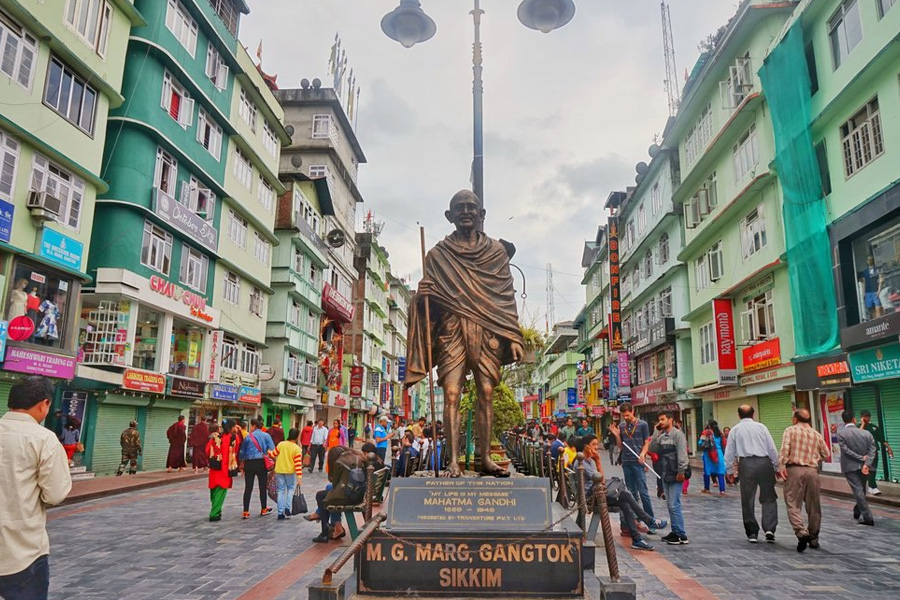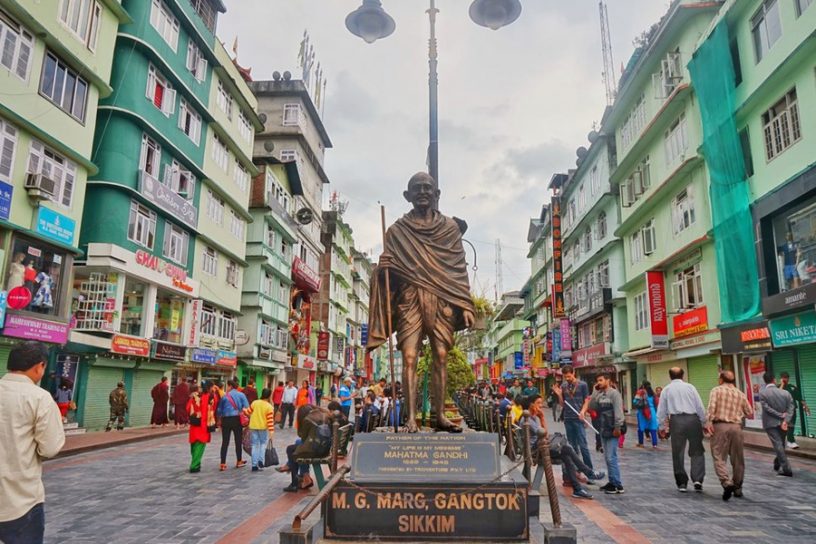
Reactions to discrimination included migrating out of the state, experiencing negative emotions such as anger, disappointment and fear, and learned helplessness.
Authors
Bhasker Malu, Lecturer, Jindal Institute of Behavioural Sciences, O. P. Jindal Global University, Sonipat, India; CHRIST (Deemed to be University), Bangalore, India.
Santhosh Kareepadath Rajan, CHRIST (Deemed to be University), Bangalore, India.
Nikhita Jindal, CHRIST (Deemed to be University), Bangalore, India.
Aishwarya Thakur, Palo Alto University, California, USA.
Tanvi Raghuram, CHRIST (Deemed to be University), Bangalore, India
Summary
The old settlers in Sikkim are a community of mainland Indians whose ancestors had settled at least 15 years before the merger with India in 1975. At present, the total population of the community is less than three thousand individuals, comprising various ethnicities. This qualitative study focuses on the perceived discrimination of the old settlers, who form a demographic minority in the state. Data was collected using telephonic interviews from a sample of 11 old settlers.
Thematic analysis indicated racial differences between the northeasterner indigenous community and mainland Indian old settlers as a major reason for perceived discrimination. The participants expressed the experience of negative emotional reactions, such as anger and disappointment, when they faced discrimination.
The participants also felt betrayed by the government of India because they did not receive adequate protection for their rights when their identity in Sikkim changed from foreigners to citizens. Reactions to discrimination included migrating out of the state, experiencing negative emotions such as anger, disappointment and fear, and learned helplessness.
Published in: Changing Societies & Personalities
To read the full article, please click here.


